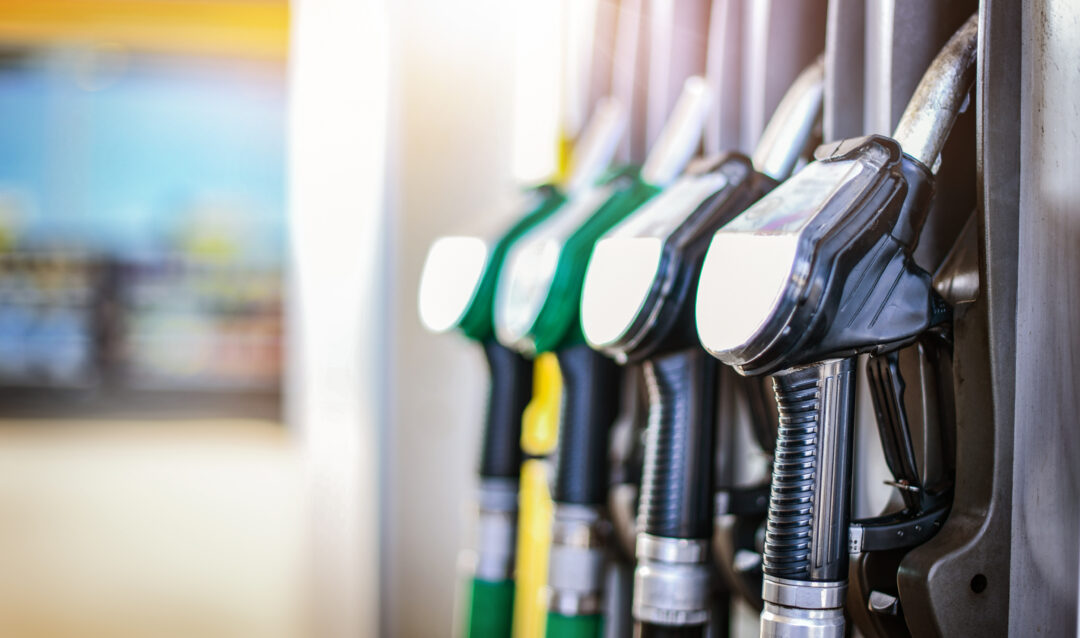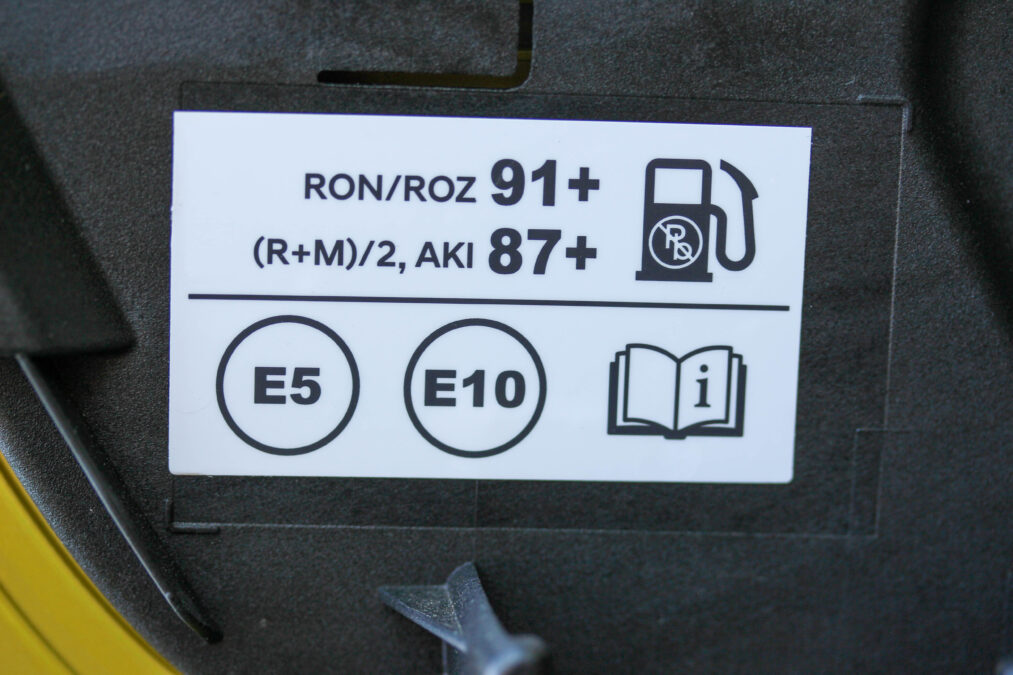
Is premium petrol worth the extra cost?
By Ruby Marting
We’ve all wondered “Is premium petrol worth the extra cost?” or whether it’s worth paying extra for premium petrol or ‘super unleaded’ over regular petrol or unleaded. In this blog, we’ll explore the differences between these fuels and help you decide if premium petrol is right for your vehicle.
What makes premium petrol or super unleaded different?
When you look at the difference between premium petrol and regular petrol, there are a lot of terms that need to be explained. This is because it is a complex product! But never fear, we’re going to explain it for you.
What is in premium or super unleaded petrol?
Premium petrol, alsoknown as E5 or ‘High Octane’ in the UK is made up of 95% unleaded petrol plus 5% ethanol.
Ethanol is a type of alcohol, not safe for humans to drink. It increases the oxygen content of petrol, which reduces emissions, and is made from renewable sources like plants.
Ethanol in petrol enhances the fuel’s octane rating. An octane rating is a numerical value that indicates the quality or performance of a fuel.
A higher octane rating means better resistance to ‘knocking’ or ‘pre-ignition’.
What is ‘Knocking’ and ‘Pre-ignition’
“Knocking” and “pre-ignition” are two problems that can happen in a car’s engine.
Knocking: Is when the fuel in the engine ignites too early, causing a knocking noise and potential engine damage.
Pre-ignition: is when the fuel ignites on its own before the spark plug fires, which can also lead to engine damage.
Higher octane fuels are better at preventing knocking and pre-ignition.
What is the octane rating of both premium and normal petrol?
Regular unleaded petrol usually has an octane rating of 95 RON (Research Octane Number), while premium unleaded petrol (super unleaded) typically has an octane rating of 97 RON or higher.
Some petrol stations may offer higher octane ratings, such as 98 RON or 99 RON, for their premium petrol options.
Does premium petrol enhance performance and fuel efficiency?
It’s believed premium petrol boosts performance and fuel efficiency for all cars. This is not true.
Modern vehicles with advanced engine systems are optimized for regular petrol. Using premium petrol won’t provide noticeable improvements in these cars.
However, vehicles with high-performance engines, such as sports cars or luxury models, are often designed to take advantage of higher-octane fuels to achieve better power output and efficiency.
Is my car compatible with E5 and E10?

Premium petrol is only for cars equipped with petrol engines featuring high compression ratios. Such high-performance vehicles may be damaged or not perform as well when using regular 95 octane fuel due to unsuitability.
To determine whether your car requires premium fuel, check inside the fuel filler cap for a sticker providing the following details:
- The type of fuel your engine needs.
- The minimum required octane level.
If you don’t find a sticker there, refer to your vehicle handbook for more information or contact your vehicle manufacturer for clarification.[1]
Car manufactured since 2011 should be compatible. However, some cars may not be compatible and therefore may require you to pay extra for E5 fuel. This includes older classic cars, some Mopeds, particularly those with an engine size of 50cc or under and High-performance or luxury vehicles[2].
You can check your vehicles compatibility with E10 petrol here.
Should I use Premium petrol (E5) instead of standard (E10)?
So, Is premium petrol worth the extra cost? Ultimately, using premium petrol depends on your car’s make, manufacturer recommendations, and driving habits. For most modern cars, regular petrol is enough for optimal performance. Yet, high-performance or luxury vehicles may need premium petrol as specified. It’s important to follow the manufacturer’s guidelines and consider your driving habits before making a decision. Regular maintenance remains vital regardless of the fuel you choose.
[1] What’s the Difference Between Premium & Standard Fuel? – Tyre Pros | Tyre Pros







